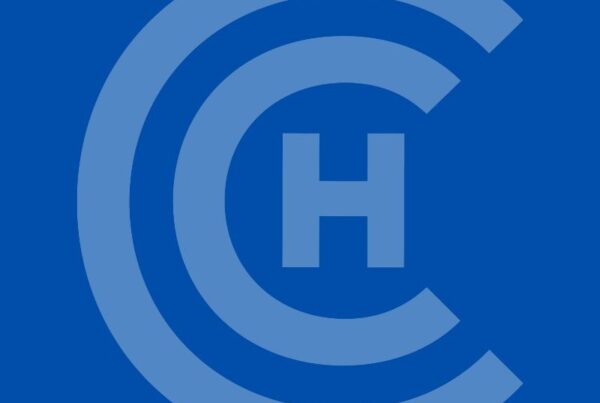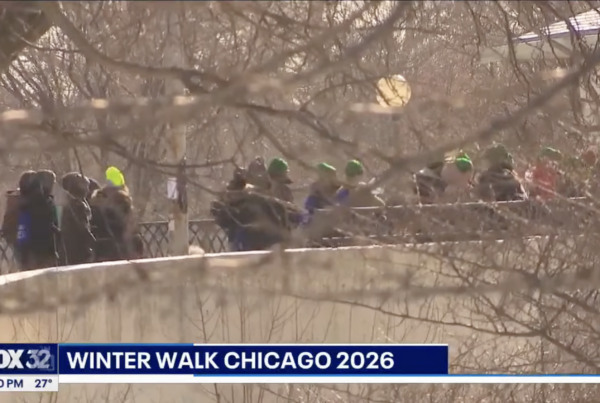Last week, a group of professionals representing the Illinois Public Health Association, Northern Illinois Public Health Consortium, EverThrive, Chicago Coalition for the Homeless and the Protect Our Care Illinois Coalition supported a press conference in front of Congressman Adam Kinzinger’s Rockford office.
Our message was simple: Please meet with local health department leadership and other health care stakeholders from his 16th District before voting on the next version of health care reform. We also delivered a letter signed by 24 public health and social service organizations from the district asking Rep. Kinzinger to vote no for the health care reform bill as it is currently written.
Our goal for this proposed meeting was to educate Kinzinger regarding the major implications that the current proposed health care reform will have on public and preventative health. the letter was not partisan. During tough budgetary times, public health leadership must speak out for the funds they rely on from the state and federal government to provide essential services to their communities. the current proposed legislation would jeopardize those funds and services.
Prior to last week, our group reached out to Kinzinger’s field staff to schedule this critical meeting and were told that he would not be able to meet with us at all. After a second request following the press briefing, we were offered a brief and cordial conversation with the field representative and were told he would get back to us.
After we left, some of Kinzinger’s staff made comments misrepresenting how things had occurred and questioned our involvement. We must reiterate that the press conference and discussion were both completely pleasant and positive. The group implored the staff to let Kinzinger know that what the public health leadership and health care professionals were asking for was a comprehensive and constructive meeting to discuss the impact of the current proposed legislation.
Many of us work in local, regional and state government, and we believe that working with our elected officials is the best way to assure a strong and robust government system and a successful democracy. The first critical step from Kinzinger’s office would be to respect our efforts toward collaboration and schedule this important meeting.
Given the constant budgetary constraints, health departments must be allowed to tell their stories to prevent further funding cuts. Public health must advocate at the state and national level for recognition of our work to protect the public and promote health.
We are very concerned about the speed at which things are moving in Washington. Kinzinger does not have all the facts about the impact of the bill including that more than 33,000 people in his district would lose health care coverage either through insurance of Medicaid. Nationally, 23 million people would lose coverage. The drastic Medicaid cuts proposed would devastate health care access, including treatment for mental illness and addictions right at a time our nation is in crisis in both of these areas.
Our arguments are not about taking political sides, nor are we suggesting the Affordable Care Act is perfect. This is to ask that both parties work together to improve the ACA rather than quickly repealing it with an inadequate and downright harmful replacement. Because this vote is expected to be so close, it is imperative that Kinzinger be able to make a well-informed decision. We are going to continue to push for a meeting as it is our professional responsibility to protect the health and promote the wellness of our communities and the constitutents of Kinzinger’s districts.
— Tom Hughes, Illinois Public Health Association executive director, and Cathy Ferguson-Allen, IPHA president






